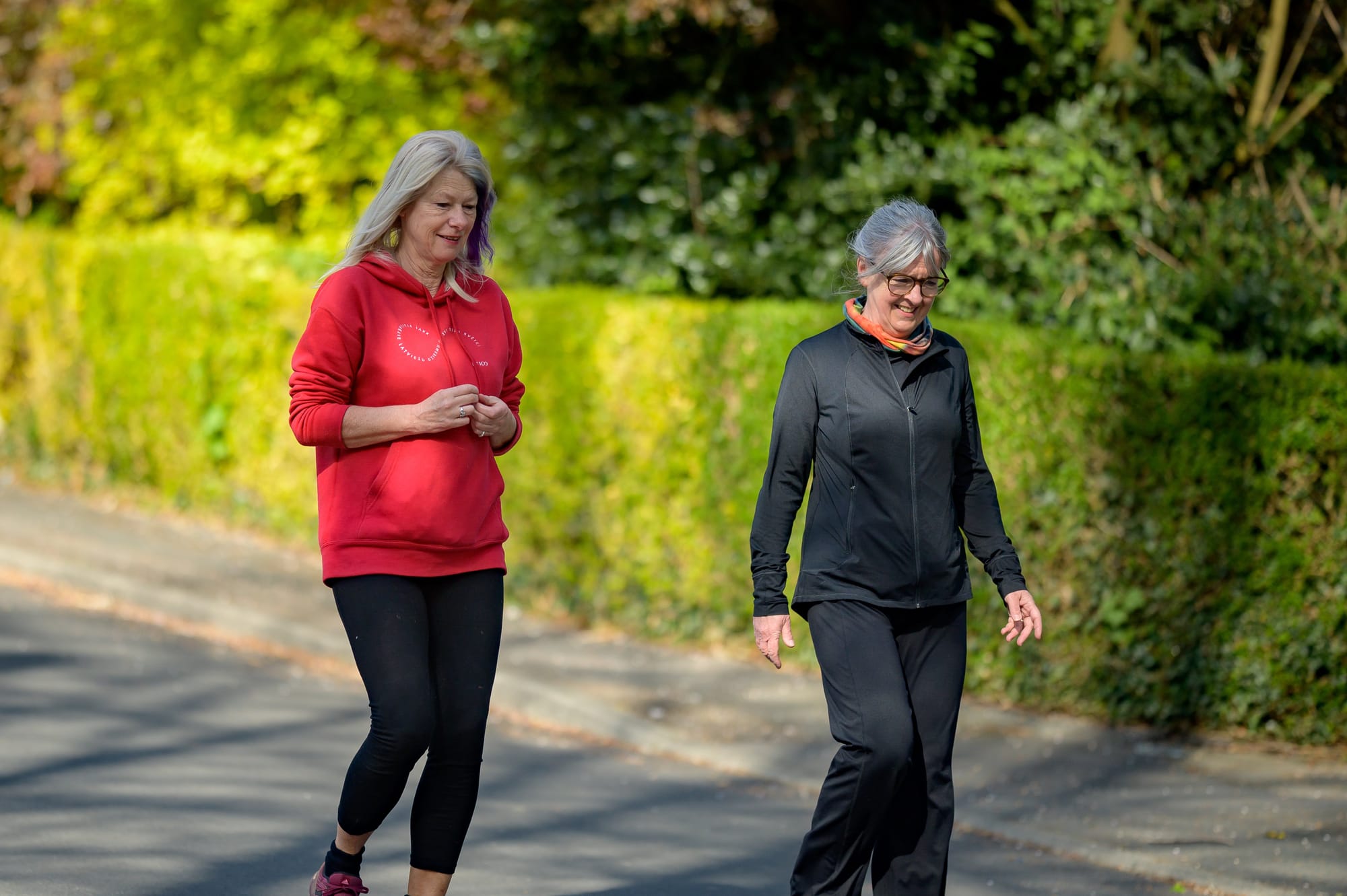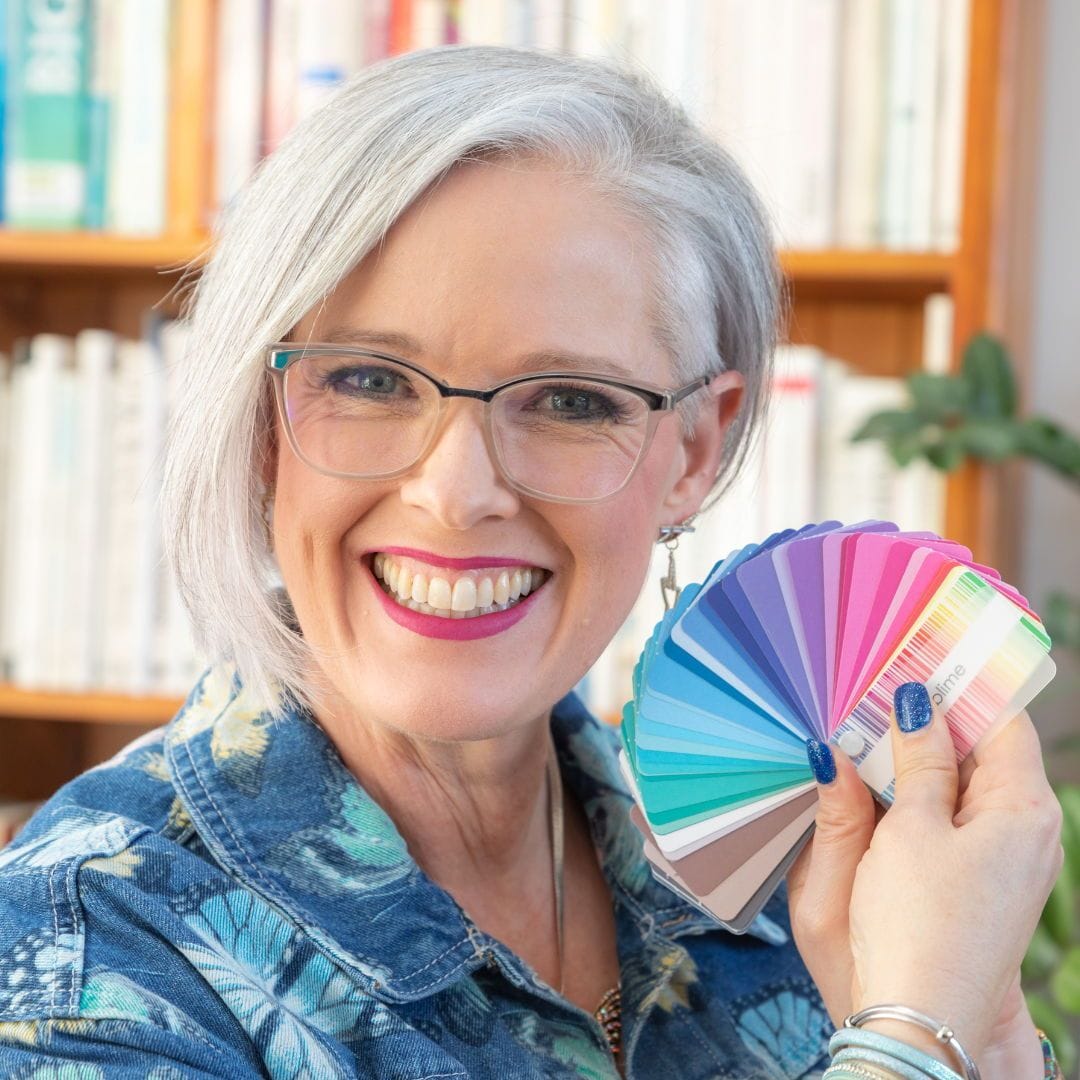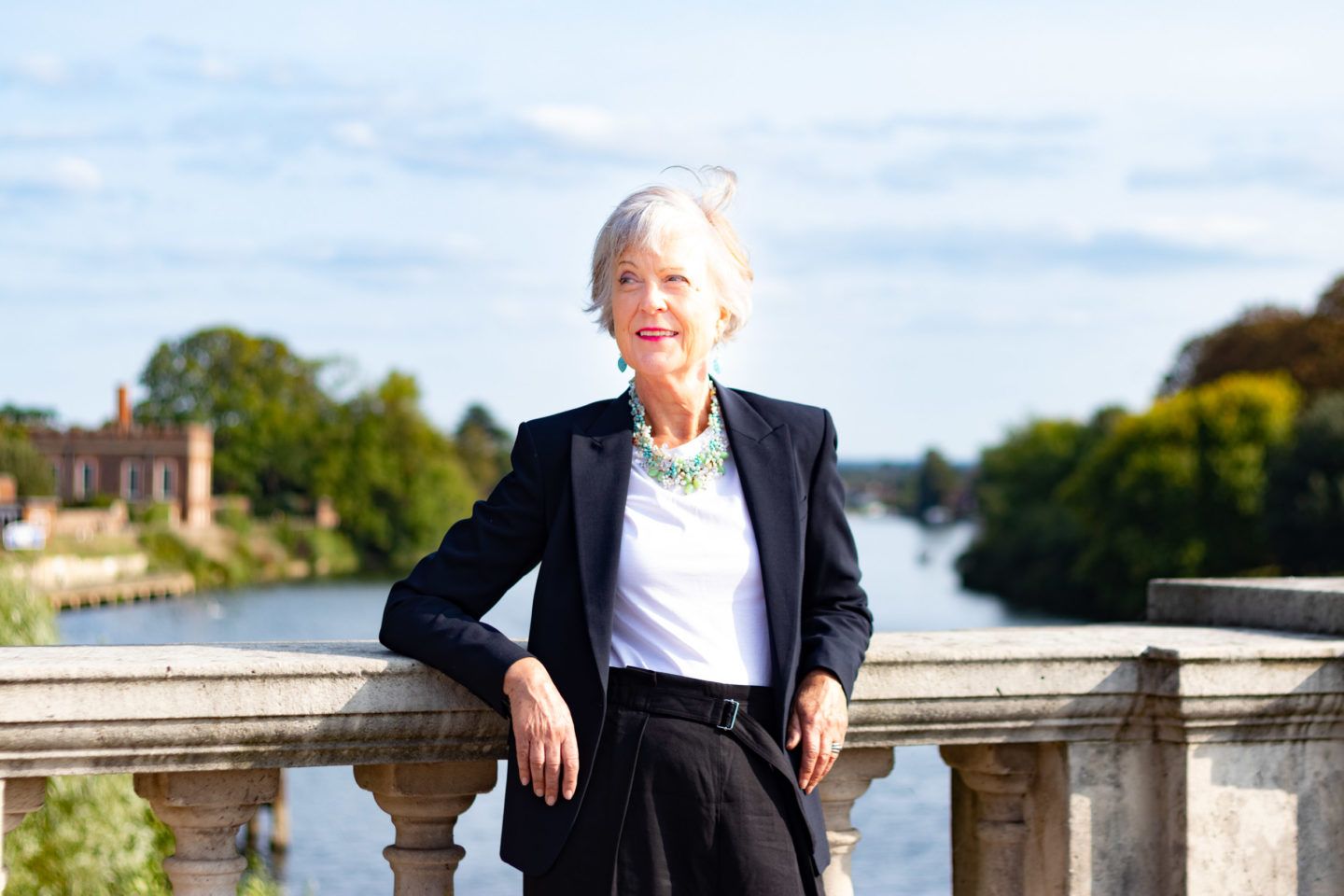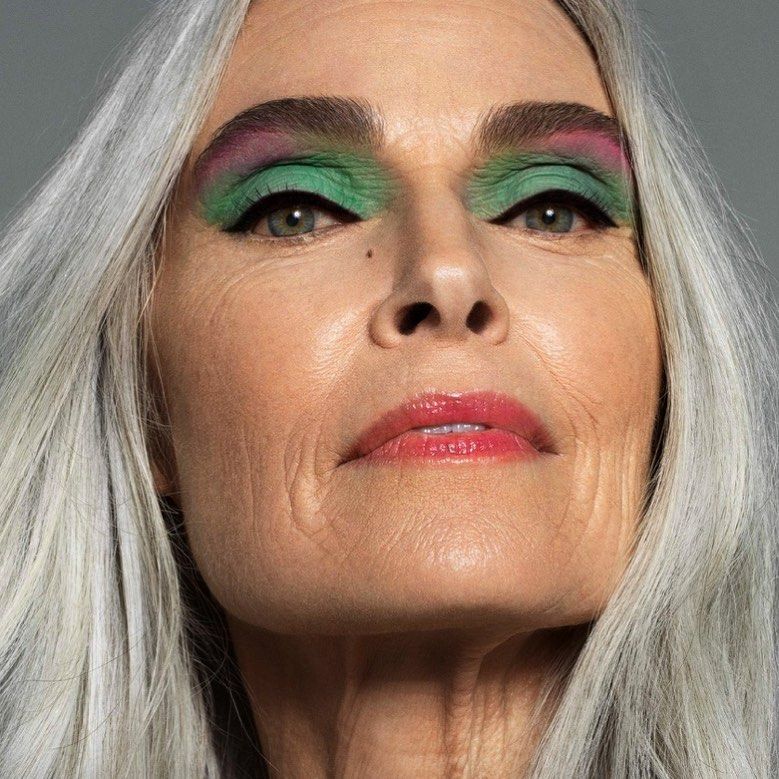Denham Herman first published the theory of Free Radical at UC Berkley in 1956 apparently while trying to understand why oil pipes get so damaged over time. Herman specifically focused on free Oxygen Molecules that would react with metal and negatively impact them.
D. Herman being aged only 27 years, realized that if Free Radicals can have such worsening effects on pipes and materials, what would free radicals do to the human body? Is then, free radicals the key source behind the degradation of our muscles, tissues, and organs? Can Free Radical be the cause of Aging?
And if Free Radicals were causing Aging, then can Anti-Oxidants, the compounds who have the ability to fight off free radicals be the answer to the illusive youth permanence ?
Herman's paper was substantial at that period of time. But as much counter-intuitive it may sound, The Free Radical Theory of Aging did not take off quite instantly.

What are Free Radicals?
As per NIH Website Definition, Free Radicals are highly unstable molecules that are naturally formed when you exercise or when your body converts food into energy. They also come from a variety of environmental sources such as smoking, sunlight, and air pollution. Free Radicals cause what is known as "Oxidative Stress", which has been shown to damage cells. It is thought to be behind diseases including cancer, cardiovascular diseases, diabetes, Alzheimer etc
Scientists fiddle with antioxidants and free radicals to see the benefits of aging over the decades and the results continued to be impressive. Antioxidants are consistently shown to counteract free radicals. So much so that the long-term studies were commissioned by govt institutions.
By 90s, marketing divisions of consumer companies took hold of the concept and attractive products started to be created around this. With the proliferated adaptation of antioxidation science behind everyday goods, consumer brands took the idea and popularized it across the masses. More and more brands advertised the theory and even more researchers joined the bandwagon.
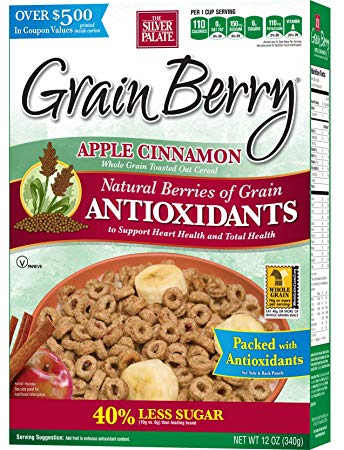
Suddenly cosmetics, snacks, cereals, juice, everything under the sky had superfoods like berries & pecans with plush of oxygen to kill the free radicals.
How do I get my Antioxidants?
Vitamin A, Vitamin C, and Vitamin E act as anti-oxidants. Vitamin A is synthesized via beta-carotene found in yellow, orange, and red-colored fruits and vegetables. Vitamin C is present in citrus fruits while Vitamin E is found in whole grains, nuts, leafy vegetables etc. Multiple studies have now confirmed that a balanced diet easily suffices our requirements for antioxidants.
It then started a wave of Anti-Oxidant supplements. If the food had its limitations, why not directly fight Free Radicals as supplements? As the companies stretched the limit of where antioxidants can be put, the consumers also started to stretch the limits of consuming antioxidants. More and more cases started to come where people started to consume egregious amounts of antioxidants to stay fit and young.
The obvious concerns started to grow. Scientists now wanted to know if supplements are the new elixir of life?
The question then was what is the limit of the antioxidants and if there wasnt any, can antioxidants be solution to more chronic diseases ?
NIH and other major institutions regrouped and commissioned even wider and long-term studies of what really is going on and clarity started to emerge
-
Most vegetables and fruits contain oxidants and healthy consumption of these have shown benefits of lower risk of various diseases such as cardiovascular, diabetes etc
-
The wider studies were not able to prove evidently or scientifically that this is happening due to anti-oxidants or other factors in the diet*
Recent studies have now confirmed that antioxidant supplements in particular do not help in the prevention of chronic diseases. The theory of antioxidants works till it is consumed reasonably.

In 1996, in one of the most famous studies, antioxidants actually led to more lung cancer among participants. This caused widespread murmurs across the research groups. Obviously, such a contradiction had to be repeated by another scientist before we could claim the end of the Free Radical Theory of Aging.
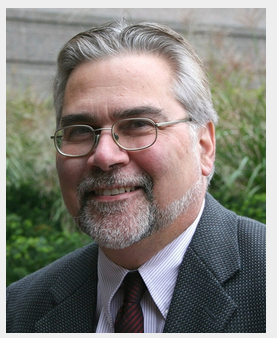
More studies did happen. While many focused on the mechanism, others tackled the burning issue of can too many of antioxidants harm us. Different studies started to signal the harmful effects of too many antioxidants in the body through the mechanism was not truly understood.
It is now found that Free Radicals may not be all devious. They may act as signals for the proper functioning of immune systems. That is why smoking causes an upsurge of Free Radicals as they signal the inflammation being caused to the body. This in turn helps in the transport of immune systems and the repair of cells. Free Radicals then do not cause Oxidative stress themselves but as a result of it. Scientists now recommend having a correct balance of Oxidants/Antioxidants for the normal functioning of the body. if you overconsume antioxidants, it might be detrimental.
Sorry! we do not have a pill for anti-aging yet!
Feedbacks: Leave your comments below



